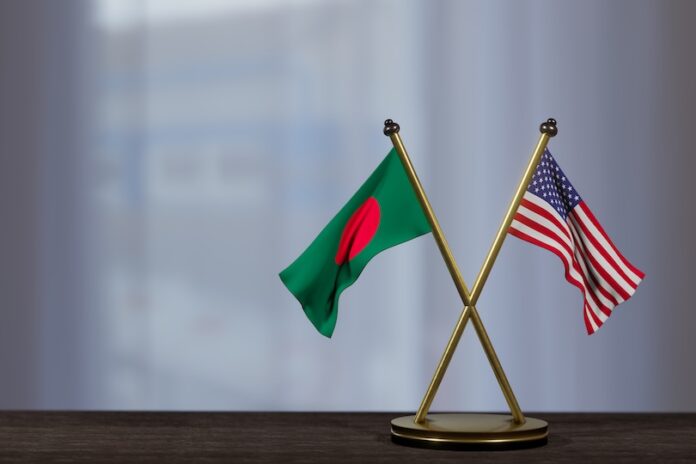The 2024 student-led uprising in Bangladesh was not merely a demand for democratic reform; it was a powerful assertion of the people’s will to shape their own future. It rejected both authoritarianism and foreign interference. The movement’s demands reflect a broader struggle: How can Bangladesh shape its own democratic path without falling under the sway of global powers, especially the United States? As the U.S. positions itself as a potential ally in Bangladesh’s democratic journey, its role must be carefully calibrated. While American aid may seem beneficial, it should not infringe on Bangladesh’s hard-won sovereignty. The U.S. often champions itself as a defender of global democracy, but in this case, involvement must be approached with caution. The recent movement in Bangladesh shows that its people are more than capable of steering their own democratic transformation. The U.S. role, therefore, should be supportive but not intrusive, with aid offered without imposing an external blueprint.
Further Reading on E-International Relations




